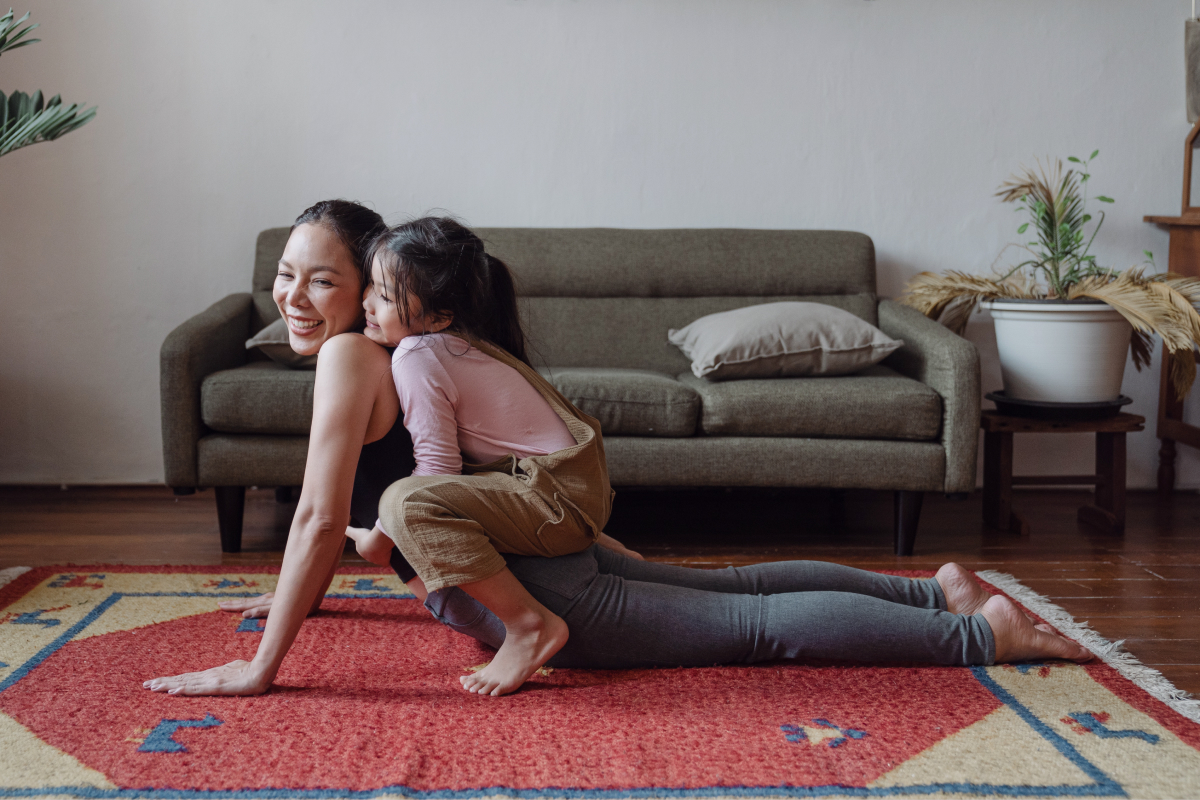With so many demands and competing priorities, it’s easy to mindlessly collect energy-depleting habits. Mindfulness expert Sean Hall guides you to reflect and reset with these seven energizing steps to try over the next seven days.
Humans are designed to be in rhythm. We feel ‘off’ when our rhythms are disrupted.
The reality is that COVID disrupted, and continues to disrupt, the rhythms that not only keep us well but create the foundations for us to BE and FEEL successful.
With this disruption comes lots of new rhythms that you’ve probably experienced. Two additional meetings in the place of your previous commute. Back-to-back Zoom calls. Virtual catch-ups mean we’re spending more time formally engaging with colleagues and clients, making a key point to ensure they know we’re online working hard and available, losing the boundaries between home and work.
Many of these new rhythms have been created mindlessly and, left unchecked, open the door to unhealthy habits, chronic stress, overwhelm, burnout, and worse. It’s no wonder that LEGO research found seven in 10 adults regularly search online for stress-reducing habits.1 So where should you start?
It’s time to reflect and reset. After all, we can only achieve what we have energy for.
Make a list of the rhythms you have in your life. The behaviors that are recurring — whether that’s hourly, daily, or weekly. If those rhythms energize you in a healthy sustainable way, keep them. If they deplete you, lose them and mindfully replace them with energizing rhythms.
So, here are seven energizing performance rhythms to try in the next seven days:
Sleep. Every day you wake up tired, you start the day behind. And we know that sleep is a mental health superpower. Sleep science tells us the #1 place to start is simply going to bed at the same time every night. Do this for seven nights straight and aim for the World Health Organization recommendation of eight hours.
Breathe. Square or box breathing is an antidote to overwhelm and stress. Breathe deeply into your belly for four seconds, hold your breath for four seconds, exhale for four and then hold for four. Five rounds and you’ll calm your parasympathetic nervous system in under 90 seconds.
Move. Choose one meeting or conversation a day that can be done while moving. Even better if you can get outside and get some fresh air and vitamin D.
Micro-breaks. You’ll be way more productive if you take a micro-break of 10 minutes each hour. A great micro-break option is to grab something tactical, like a LEGO set, and do a few steps in the construction process. They’ve actually purpose-built kits for mindfulness with the adults’ botanical collection, including a bonsai tree. You’ll get a dopamine hit as you see your efforts progress and it’ll calm all those thoughts rattling around your head, too.
Proactive mornings. Have you had the same morning routine for years? Change things up by starting your day in a proactive way with 15 minutes device-free and focusing on self-care. Before long, you’ll be making it an hour.
Play. LEGO has found eight in 10 adults say play reduces their stress levels.2 Neuroscience also tells us it boosts your creativity as this type of joyful focus boosts your mood and lights up the part of your brain that is responsible for divergent thinking. Perfect if you’re stuck on a problem.
Boundaries. Set yourself some physical and/or psychological boundaries for when work starts and stops. Be sure to communicate these to your team members, encourage them to do the same, and then hold each other accountable for protecting and respecting them.
None of the above rhythms require more time; it’s about getting off autopilot and being smarter and more mindful. Set yourself up for success by incorporating these rhythms into your day, regardless of whether you’re in the office, WFH, or somewhere in between.
Written by Sean Hall. Sean is a mindfulness expert, mental health advocate, CEO of human performance company Energx, and one of our esteemed Circle In Experts.
Sources:
1 LEGO Play Well Study, 2020
2 as before







